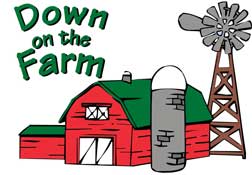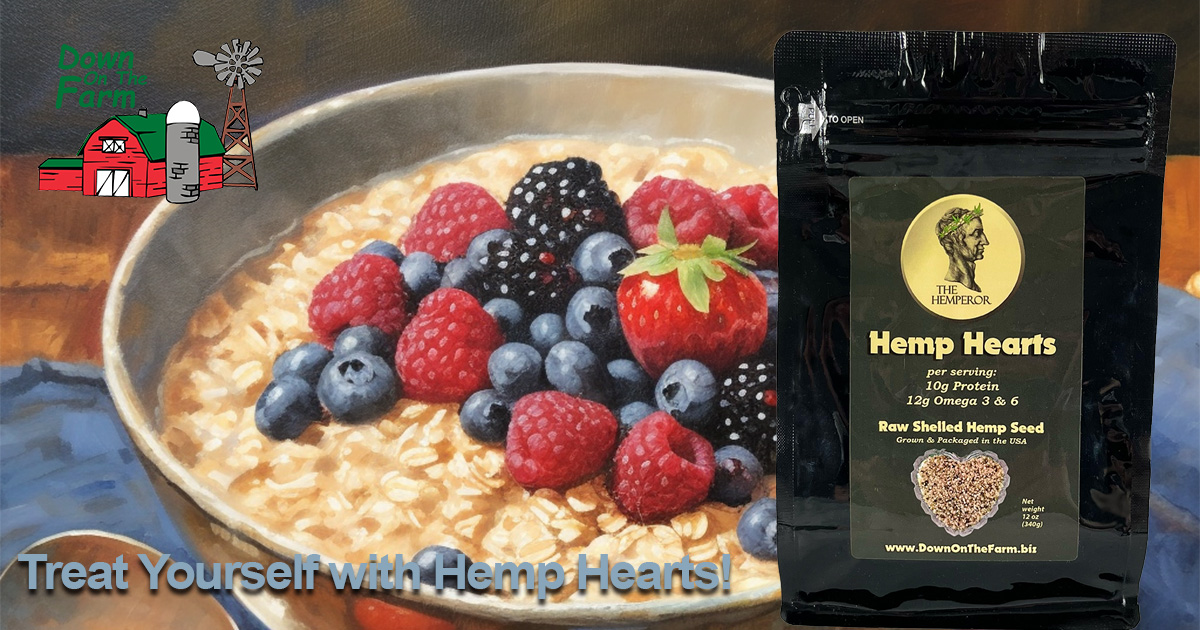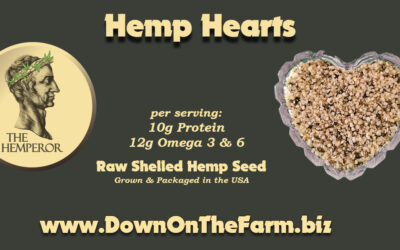Have you heard of hemp hearts? These little superstars are packed with nutrients and are quickly gaining popularity as a powerful superfood. In this article, we will take a deep dive into the world of hemp hearts and uncover their numerous health benefits.
Derived from the seeds of the hemp plant, hemp hearts are a rich source of protein, fiber, and healthy fats. They are also loaded with essential vitamins and minerals, including magnesium, iron, and zinc. But what sets hemp hearts apart is their unique composition of omega-3 and omega-6 fatty acids, making them a perfect addition to a balanced diet.
Not only are hemp hearts nutritional powerhouses, but they are also incredibly versatile. Sprinkle them on top of salads, blend them into smoothies, or incorporate them into your baked goods for an added boost of nutrition.
Whether you are looking to improve your heart health, support digestion, or increase your protein intake, hemp hearts offer a natural and nutritious solution. Join us on this journey as we uncover the secrets of these little seeds and discover why they are becoming a pantry staple in kitchens around the world.
Nutritional profile of hemp hearts
Derived from the seeds of the hemp plant, hemp hearts are a rich source of protein, fiber, and healthy fats. They are also loaded with essential vitamins and minerals, including magnesium, iron, and zinc. But what sets hemp hearts apart is their unique composition of omega-3 and omega-6 fatty acids, making them a perfect addition to a balanced diet.
Hemp hearts are a complete protein source, meaning they provide all nine essential amino acids that our bodies cannot produce on their own. This makes them especially beneficial for vegans and vegetarians who may struggle to get enough protein from plant-based sources. Additionally, hemp hearts contain a good balance of soluble and insoluble fiber, which can support healthy digestion and promote feelings of fullness.
The healthy fats found in hemp hearts are predominantly polyunsaturated fats, including omega-3 and omega-6 fatty acids. These fats play a crucial role in brain health, reducing inflammation, and supporting heart health. Hemp hearts also contain a unique fatty acid called gamma-linolenic acid (GLA), which has been linked to reduced symptoms of PMS and menopause.
Health benefits of hemp hearts
Incorporating hemp hearts into your diet can offer a wide range of health benefits. The omega-3 and omega-6 fatty acids found in hemp hearts have been shown to support cardiovascular health by reducing cholesterol levels and improving blood vessel function. Regular consumption of hemp hearts may help lower the risk of heart disease and stroke.
Hemp hearts are also known for their anti-inflammatory properties. The GLA found in hemp hearts has been shown to reduce inflammation in the body, which can help alleviate symptoms of conditions such as arthritis. Additionally, the high fiber content of hemp hearts can support healthy digestion and prevent constipation.
The protein content in hemp hearts is not only beneficial for muscle growth and repair but also for weight management. Protein helps increase feelings of fullness and can reduce cravings, making it easier to maintain a healthy weight. Hemp hearts provide a plant-based protein option that is easily digestible and suitable for individuals with allergies or intolerances to other protein sources.
Incorporating hemp hearts into your diet
One of the best things about hemp hearts is their versatility. Adding hemp hearts to your daily diet is simple and can enhance the nutritional value of various meals and snacks. They have a mild, nutty flavor that pairs well with both sweet and savory dishes.
To start incorporating hemp hearts into your diet, try sprinkling them over your morning cereal or yogurt. You can also blend them into your favorite smoothie for an extra boost of protein and healthy fats. For a savory option, toss hemp hearts into salads, soups, or stir-fries. They can also be used as a topping for roasted vegetables or added to homemade granola bars and energy balls for a nutritious snack.
Cooking with hemp hearts
In addition to being a great addition to raw or cold dishes, hemp hearts can also be used in cooking and baking. Due to their high fat content, they can add moisture and richness to baked goods without the need for additional oils or fats.
When using hemp hearts in cooking, it’s important to note that their delicate fatty acids can be damaged by high heat. To preserve their nutritional value, it’s best to add hemp hearts towards the end of the cooking process or use them in recipes that don’t require high temperatures. For example, you can sprinkle hemp hearts over pasta or add them to a pesto sauce right before serving.
Hemp hearts vs. other superfoods
With the rise in popularity of superfoods, it’s natural to wonder how hemp hearts compare to other nutrient-dense foods. While there are many superfoods available, hemp hearts stand out for their unique combination of nutrients and versatility.
Compared to other seeds and nuts, hemp hearts offer a higher protein content and a more favorable omega-3 to omega-6 ratio. They also provide a good amount of fiber and essential vitamins and minerals. Hemp hearts are a particularly great option for individuals looking to increase their plant-based protein intake, as they offer a complete amino acid profile.
The Hemperor Hemp Hearts
The Hemperor Hemp Hearts are offered in 12 oz or 24 oz bags for immediate delivery.
FAQs about hemp hearts
1. Are hemp hearts the same as hemp seeds?
– Yes, hemp hearts and hemp seeds are the same thing. The term “hemp hearts” is often used to refer to the shelled seeds of the hemp plant.
2. Will consuming hemp hearts make me high?
– No, hemp hearts do not contain THC, the psychoactive compound found in marijuana. They are safe to consume and will not cause any psychoactive effects.
3. Can I eat hemp hearts if I have a nut allergy?
– Yes, hemp hearts are considered a safe option for individuals with nut allergies. However, as with any new food, it’s always recommended to start with a small amount to ensure no adverse reactions.
Recipes using hemp hearts
1. Hemp Heart Energy Balls
– Ingredients:
– 1 cup dates, pitted
– 1 cup almond butter
– 1/2 cup hemp hearts
– 1/2 cup shredded coconut
– 1/4 cup cacao powder
– 1 teaspoon vanilla extract
– Instructions:
1. In a food processor, combine dates, almond butter, hemp hearts, shredded coconut, cacao powder, and vanilla extract.
2. Process until well combined and the mixture starts to stick together.
3. Roll the mixture into small balls and place them on a baking sheet lined with parchment paper.
4. Refrigerate for at least 30 minutes to firm up before enjoying.
2. Hemp Heart Salad Dressing
– Ingredients:
– 1/4 cup hemp hearts
– 2 tablespoons lemon juice
– 2 tablespoons apple cider vinegar
– 1 tablespoon Dijon mustard
– 1 clove garlic, minced
– 1/4 cup extra-virgin olive oil
– Salt and pepper to taste
– Instructions:
1. In a blender or food processor, combine hemp hearts, lemon juice, apple cider vinegar, Dijon mustard, and garlic.
2. Blend until smooth.
3. While the blender is running, slowly drizzle in the olive oil until the dressing emulsifies.
4. Season with salt and pepper to taste.
5. Store in a sealed container in the refrigerator for up to one week.
Conclusion: The future of hemp hearts in nutrition
Hemp hearts are more than just a trendy superfood. They offer a wide range of health benefits and can be easily incorporated into a variety of dishes. Whether you’re looking to boost your protein intake, support heart health, or simply add more nutrients to your diet, hemp hearts are a delicious and nutritious option.
As the demand for plant-based foods continues to grow, hemp hearts are expected to become even more popular in the world of nutrition. With their impressive nutritional profile and versatility in the kitchen, it’s no wonder they are becoming a pantry staple in kitchens around the world. So, go ahead and give hemp hearts a try. Your body will thank you!
—
Please note that the statements made in this article have not been evaluated by the Food and Drug Administration and are not intended to diagnose, treat, cure, or prevent any disease. Always consult with a healthcare professional before making any changes to your diet or incorporating new foods.




